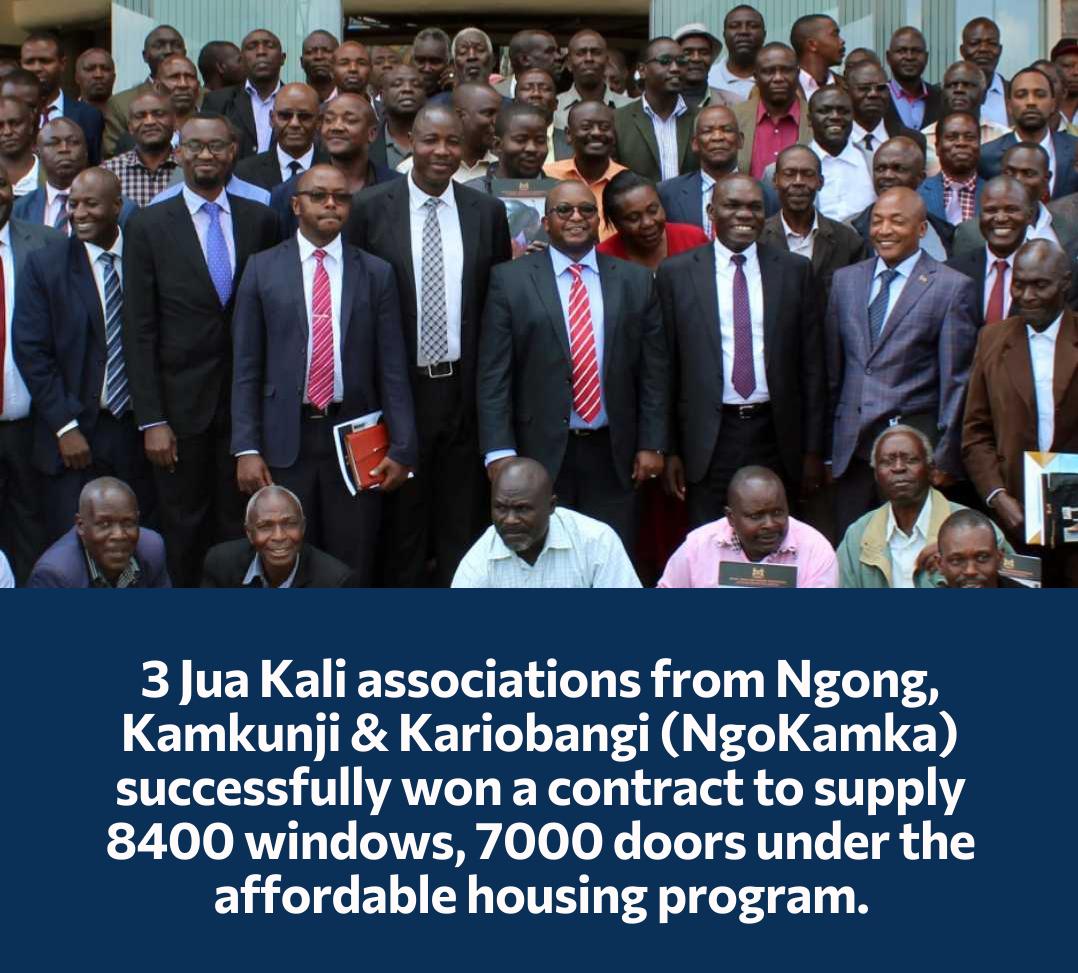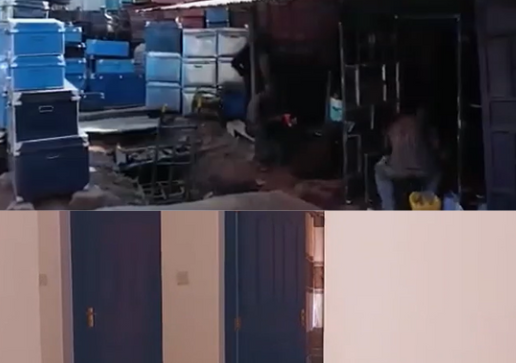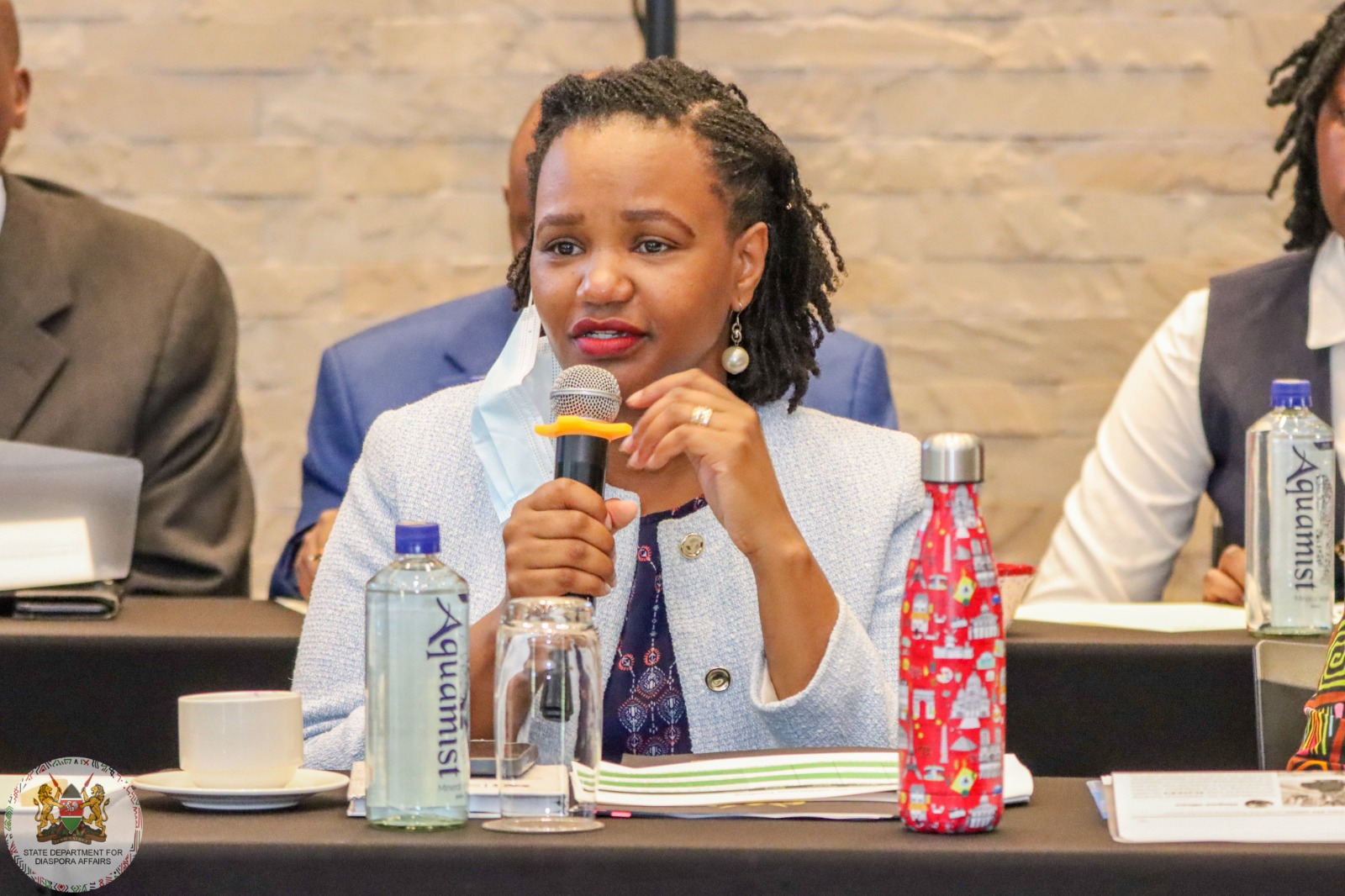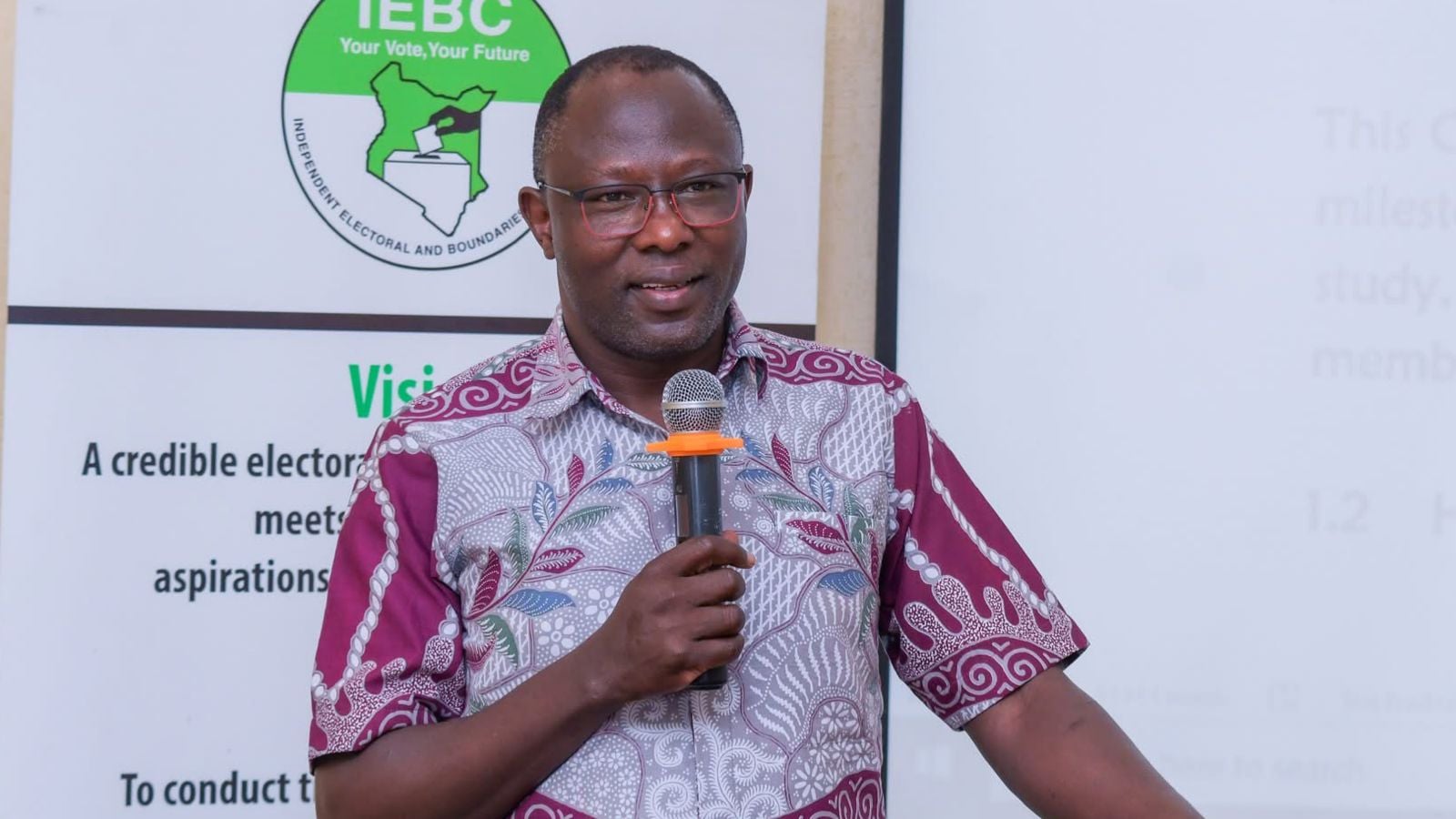
Affordable Housing Programme Gives Jua Kali Artisans a Seat at the Table
Jan 27, 2025 at 08:30 AM
By
Nairobi Leo

The Affordable Housing Programme, one of the key pillars under President William Ruto, has transformed the prospects of the Jua Kali sector, a vital part of the economy employing 83% of the workforce which is approximately 15 million people.
Jua Kali artisans in clusters from Ngong Road, Kariobangi, and Kamukunji have long been celebrated for their high-quality wood and metal products. However, large-scale construction opportunities have in the past been shut off from the Jua Kali artisans, thus limiting their growth.
The Affordable Housing program presented a unique opportunity for the artisans to showcase their expertise. The Park Road, which entailed the construction of 1,300 units, involved integrating Jua Kali artisans by subcontracting them to provide metal and wooden doors.
This has bridged the gap between the informal sector and large-scale construction and opened a new area of growth for the artisans.
The artisans from Ngong Road, Kariobangi, and Kamukunji came together through NgoKaMka, an association they created to meet the demands of the project. This resulted in effective collaboration that allowed them to participate in the project, showcasing the power of unity in overcoming systemic challenges.
With support from the State Department of Housing and Urban Development, NgoKaMka delivered 1,281 metal doors and 6,100 wooden doors, completing the work on schedule and within budget.

When the programme began, some Kenyans expressed concern that integrating Jua Kali may compromise quality. However,, according to Charles Hinga, the Principal Secretary of the State Department for Housing and Urban Development, the artisans have outdone themselves on quality.
"The person buying the door will not say I'm okay buying a sub-standard door because it is from a Jua Kali artisan. So, they had to make high-quality doors. No compromise on quality," PS Hinga said.
The initiative's impact on the Jua Kali sector has been profound. Many businesses experienced increased revenues and expanded their workforce.
One of the workers at the site noted that thanks to the project, she can provide for and sustain her family's needs.
"Before I joined this site, I was just doing regular hustling, but since I joined here, I have benefited a lot. First, I get my daily bread and help my family," she said in Swahili.
Cynthia Kamau, the Secretary of the Ngong Road cluster and Director at NgoKaMka, said artisans and other workers at the site have gained advanced skills and experience for future projects.
"This project has propelled us not just as an association but as individuals because it has given us confidence that we can work for bigger projects. I am confident that I can go to a site and ask for work because of the experience I've gained from this project," she said.
The workers have not only benefited from earning a living; they have also been allocated several housing units, which has motivated them and made them feel appreciated.
"As Jua Kali, we've been allocated 45 units, so our members are coming to stay here. If there is another site where the government will do a job like this, I know they are going to remember us and other Jua Kali," said Muema Muthaka, the Chairman of the Kariobangi cluster and Operations Director at NgoKaMka.
Yet, despite its success, the project was not without its challenges: small businesses had limited access to affordable financing, and a ban on logging resulted in raw material shortages that complicated production.
Communication gaps within the artisan clusters also created coordination difficulties. However, NgoKamka's resilience and government support enabled them to overcome these obstacles effectively.
This pilot project sets a promising precedent for greater involvement of the Jua Kali sector in national development. By standardising housing components and fostering partnerships, Kenya can unlock the full potential of its artisans.
The continued emphasis on local participation ensures that While addressing the housing deficit, the economic benefits are broadly distributed.
The success of NgoKamKa illustrates the transformative power of opportunity and support. The Affordable Housing Programme has created decent housing and empowered Kenyan artisans to excel on a larger stage.
Nairobi Leo
Nairobi Leo is a digital native media house that specializes in content creation for online audiences. Nairobi Leo is one of the most popular digital publishers in Kenya.










